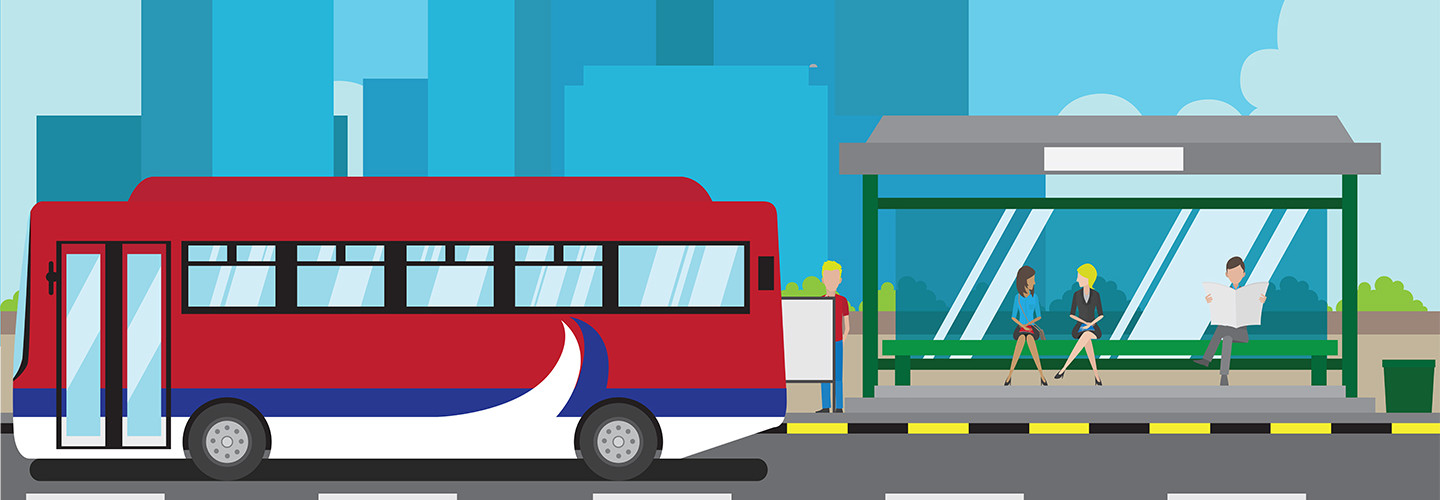Texas A&M Teams Up with Aruba to Optimize Transit
Smart transportation systems powered by data and the Internet of Things are becoming popular in cities, but Texas A&M University is working to bring that kind of technology to the college campus.
Earlier this summer, the university announced that through a partnership with Aruba and Skyfii, the Texas A&M Transportation Institute (TTI) would be conducting exploratory research to optimize traffic flow for bus ridership and improve navigation.
“Our president feels that campus can be a living laboratory, not just for engineering, but for everything,” says Robert Brydia, a senior research scientist for TTI. “The whole concept behind this project is to bring private-sector transportation innovation into the campus community to see if we can enhance safety, mobility and quality of life across all aspects of the campus ecosystem.”
SIGN UP: Get more news from the EdTech newsletter in your inbox every two weeks!
Tech Makes Transportation More Efficient
With Aruba and Hewlett Packard Enterprise already used as the tech behind A&M’s campus network, Brydia says it was a no-brainer to partner with the companies on this new research.
A&M’s campus already has an expansive Wi-Fi network. For the project, Brydia says the IT team simply needed to add outdoor access points to bus stops. By anonymously tracking Wi-Fi signals of transportation users, Brydia says the university can gauge how long people are waiting for buses and how far they are walking to get a bus in order to optimize routes. “We can look at the efficiency of various routes at various times to see if we are overstocking the route with too many buses, which therefore wastes fuel and time for drivers,” he says.
For the pilot project, TTI is looking at a few routes on campus, and Brydia says the team just collected an initial set of data that is being analyzed.
“Right now our focus is on making sure that we are collecting the right data, understanding the data that we are collecting and understanding the interpretation of the data,” he says.
Cities Embrace Smarter Transportation Solutions
This kind of smart transit research has been happening in cities across the country. Columbus, Ohio even won the Smart City Challenge in 2016 for its plans to use technology to make the city transit more efficient and accessible.
In addition to overall efficiencies, smart transportation initiatives can help patrons in other ways. Many city transportation authorities use Wi-Fi deployments to give commuters seamless internet access. At the same time, the city can use that Wi-Fi to power back-end research to boost efficiencies, similar to what TTI is doing.
In addition to research, the Wi-Fi can allow for better digital signage, more accurate bus tracking and easier emergency alerts.








